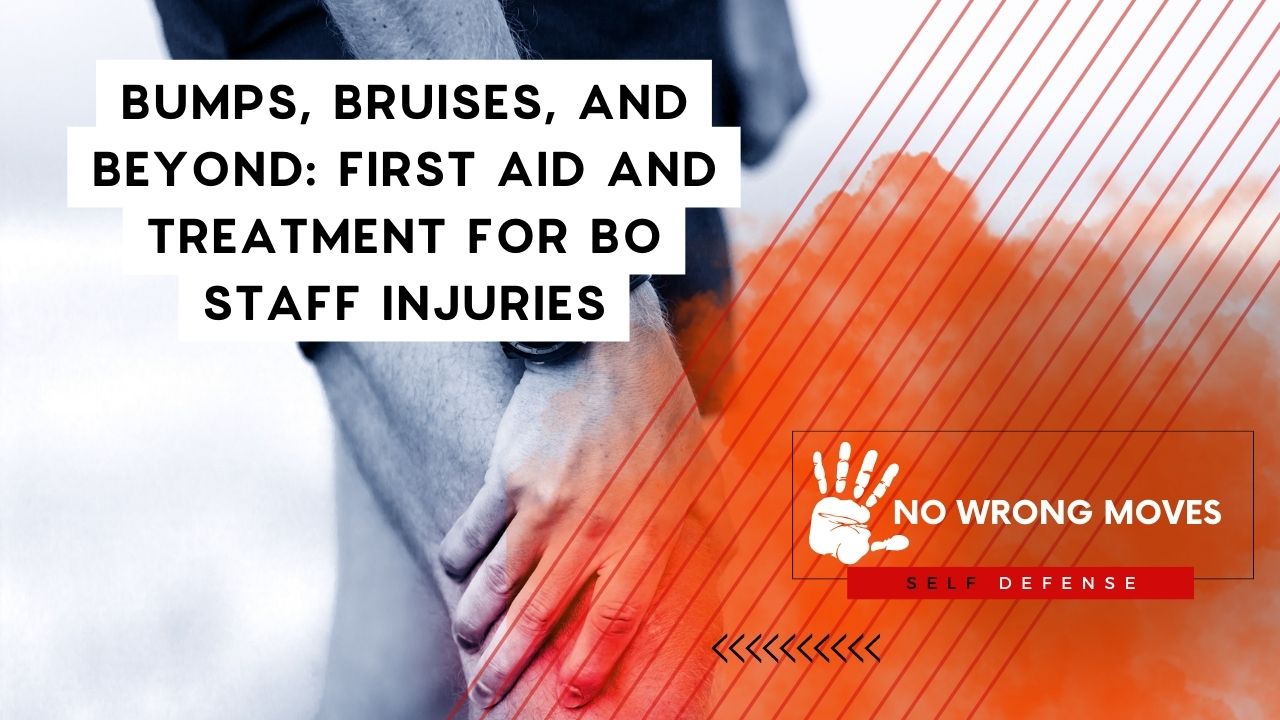
Bo staff training is a physically demanding practice that requires a certain level of skill and technique to perform safely. However, accidents can happen, and it is important to know how to properly treat and prevent injuries that may occur during Bo staff training.
That's why it's important for bo staff practitioners to be familiar with first aid and treatment options in case of an injury. In this article, we will discuss common Bo staff injuries and how to properly care for them.
Bruises and Contusions
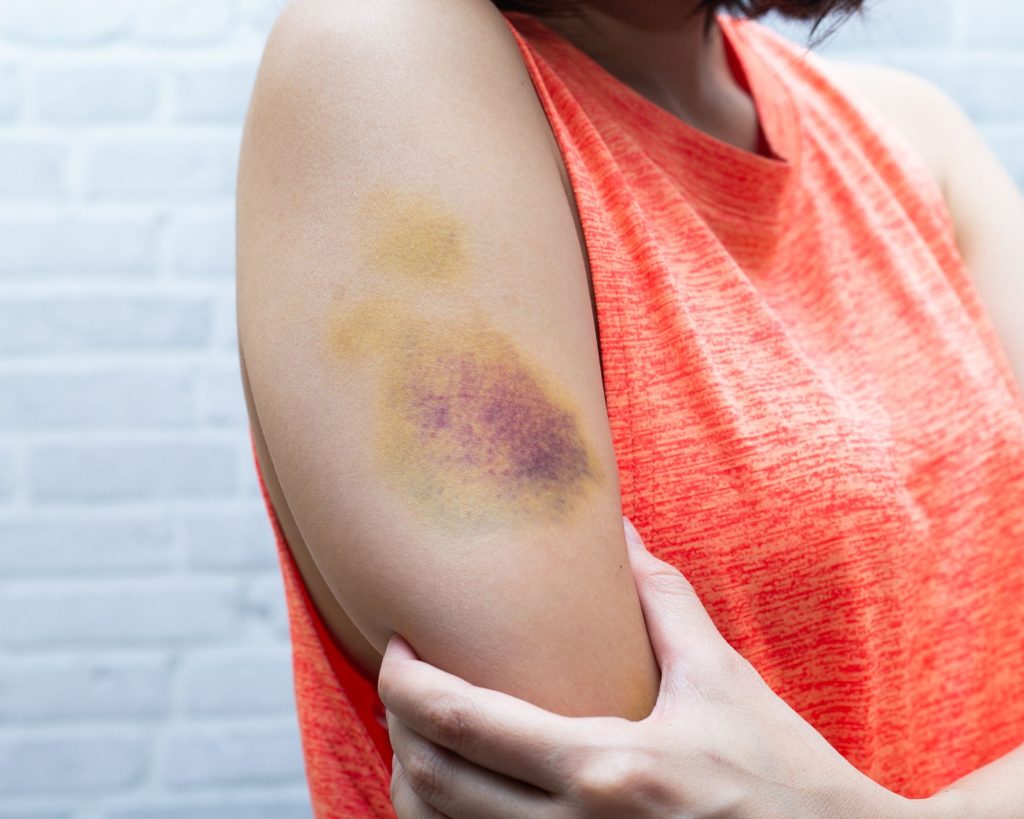
Bruises and contusions are among the most common injuries that can occur during Bo staff training. They typically result from impact with the Bo staff or other objects.
To treat a bruise or contusion, apply ice or a cold compress to the affected area for 20 minutes at a time, several times a day. Over-the-counter pain medication, such as ibuprofen or acetaminophen, can also help relieve pain and inflammation.
Broken bones are also a possibility as well, albeit a very rare one. If you suspect a bone may be broken or fractured, seek medical attention immediately. Attempting to set or treat the injury on your own can cause further damage and delay proper treatment.
If possible, immobilize the affected limb or area by creating a makeshift splint using a rigid object, such as a piece of cardboard or a rolled-up magazine, and wrapping it securely in place with a bandage or cloth.
Strains and Sprains
Strains and sprains can occur when the muscles and ligaments are overstretched or torn during Bo staff training.
For more serious injuries such as sprains or strains, the RICE method is often recommended. RICE stands for Rest, Ice, Compression, and Elevation.
Rest the affected area and avoid putting weight on it. Apply ice to the area to reduce swelling and pain. Wrap the area with a compression bandage to help reduce swelling and provide support. Finally, elevate the affected area above the heart to further reduce swelling.
Have another look at it here:
- Rest: Avoid using the affected muscle or joint to allow it to heal.
- Ice: Apply ice or a cold compress to the affected area for 20 minutes at a time, several times a day.
- Compression: Wrap the affected area with an elastic bandage to help reduce swelling.
- Elevation: Elevate the affected area above the level of your heart to help reduce swelling.
Over-the-counter pain medication can also help relieve pain and inflammation. If the injury is severe or does not improve within a few days, seek medical attention.
Cuts, Abrasions, and Head Injuries
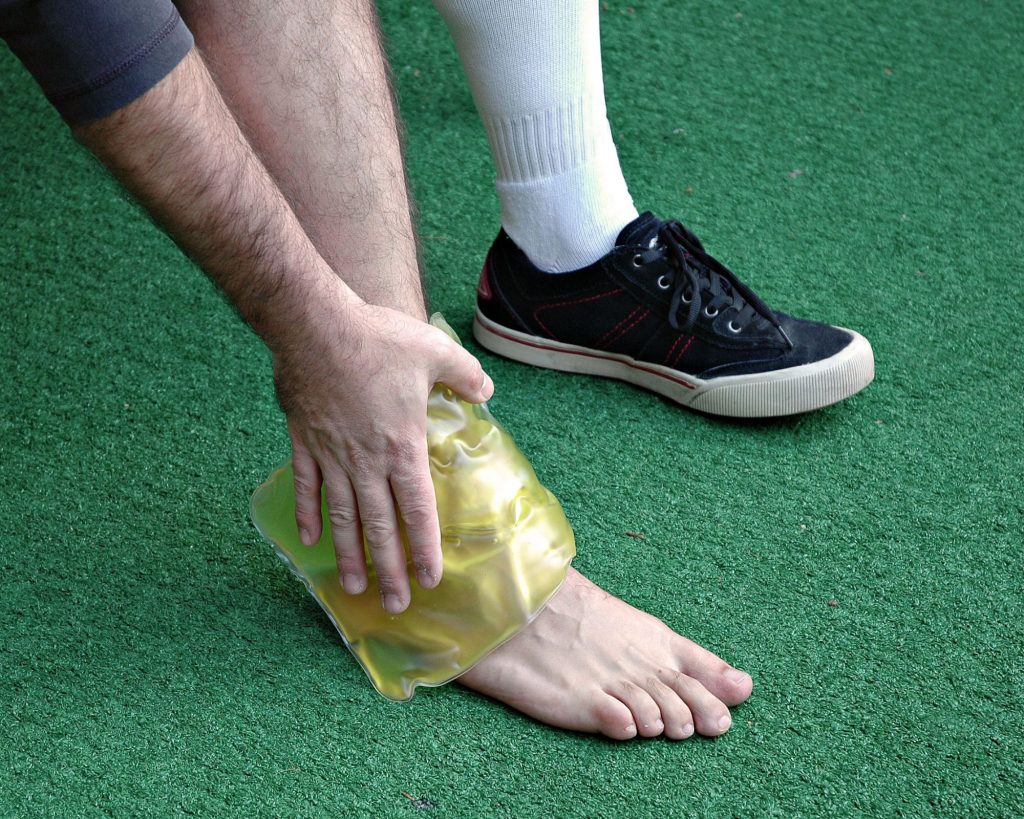
Cuts and abrasions can occur when the skin is scraped or cut by the Bo staff or other objects.
To treat a cut or abrasion, clean the wound with soap and water, apply an antibiotic ointment, and cover it with a sterile bandage. Keep the area clean and dry, and change the bandage daily until the wound has healed.
Eye injuries can occur when the Bo staff or other objects come into contact with the eye. If you experience an eye injury during Bo staff training, seek medical attention immediately. Do not attempt to rub or touch your eye, as this can cause further damage.
Head injuries in general, even minor ones, should also always be taken seriously. If you or someone else experiences a blow to the head, monitor the individual closely for signs of a concussion.
Symptoms may include headache, dizziness, nausea, confusion, or difficulty remembering recent events. If any of these symptoms are present, seek medical attention immediately.
Prevention
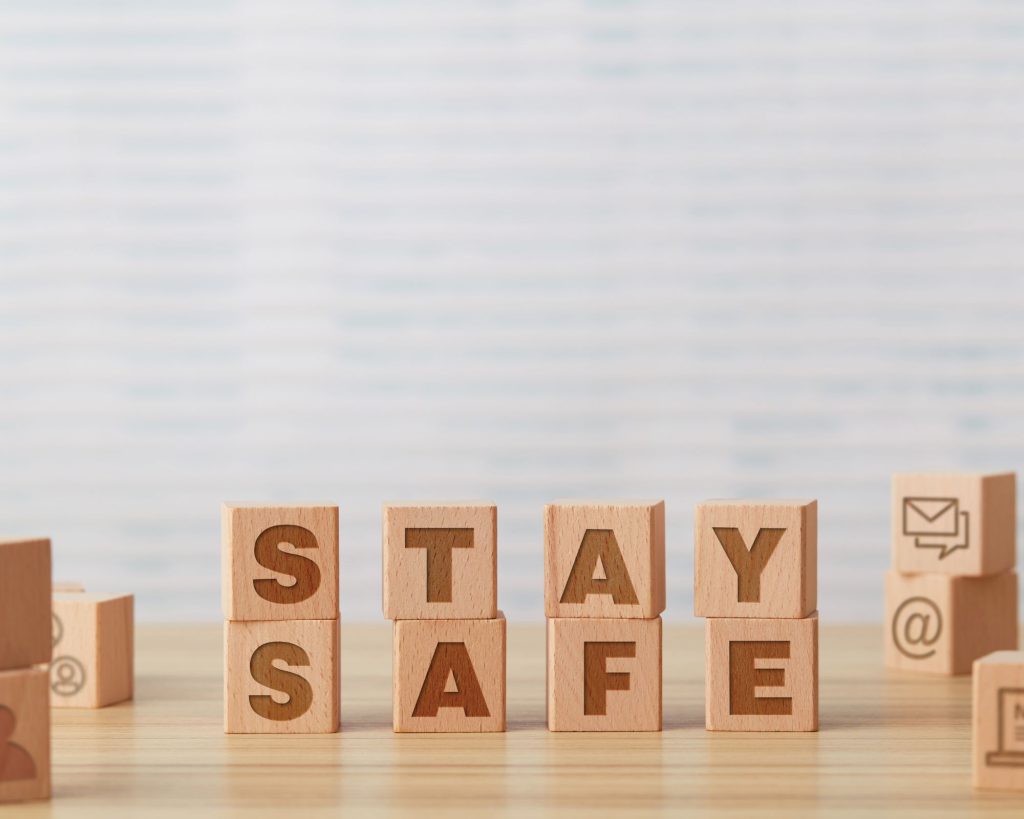
First and foremost, if you or someone else sustains a serious injury during bo staff training, seek medical attention immediately.
Do not attempt to treat the injury on your own, especially if it involves head trauma or a fracture. Call for emergency services or visit a hospital or urgent care center as soon as possible.
The best way to prevent Bo staff injuries is to practice proper technique and safety measures. Always use a Bo staff that is the correct length and weight for your body, and ensure that the area where you are training is clear of obstacles and hazards.
Additionally, wear appropriate protective gear such as eye protection and padded gloves. It is also important to warm up and stretch before each training session to prevent strains and sprains.
The Wrap-Up
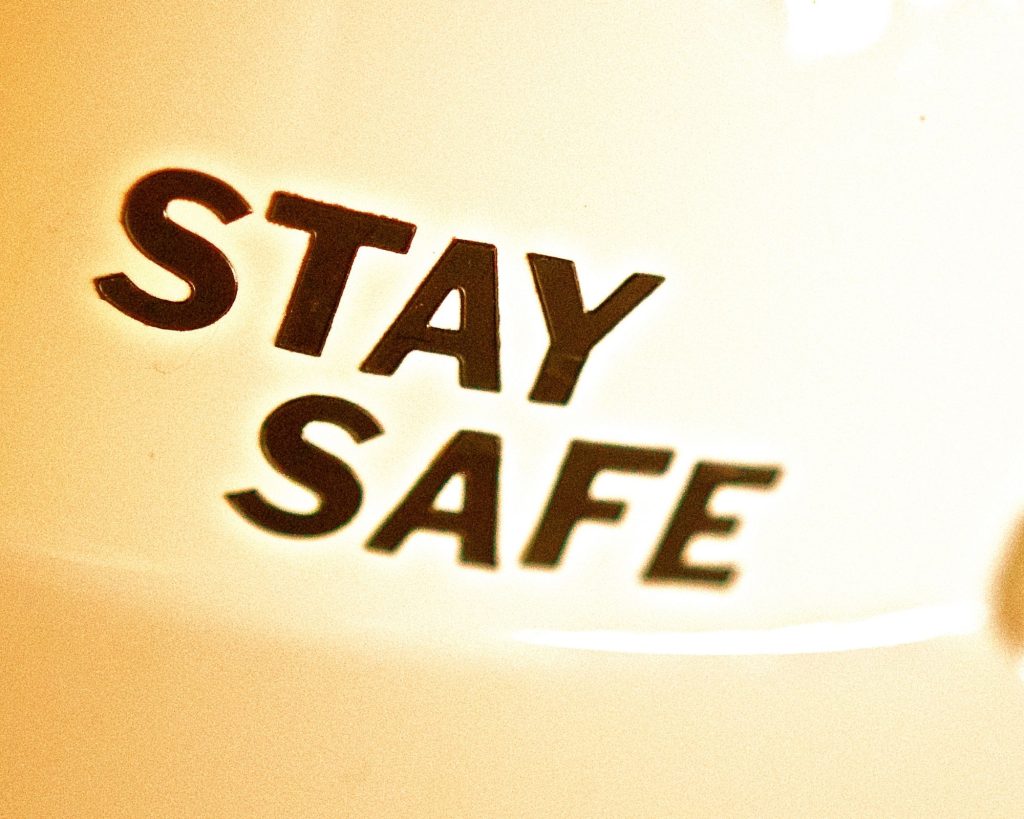
In conclusion, while Bo staff training can be a physically demanding practice, there are steps you can take to prevent and properly treat injuries that may occur.
By practicing proper technique, wearing appropriate protective gear, and taking the necessary precautions, you can minimize the risk of injury and enjoy the many benefits of Bo staff training.
Check out other martial arts here!
[author-box-jpx-fitness]
